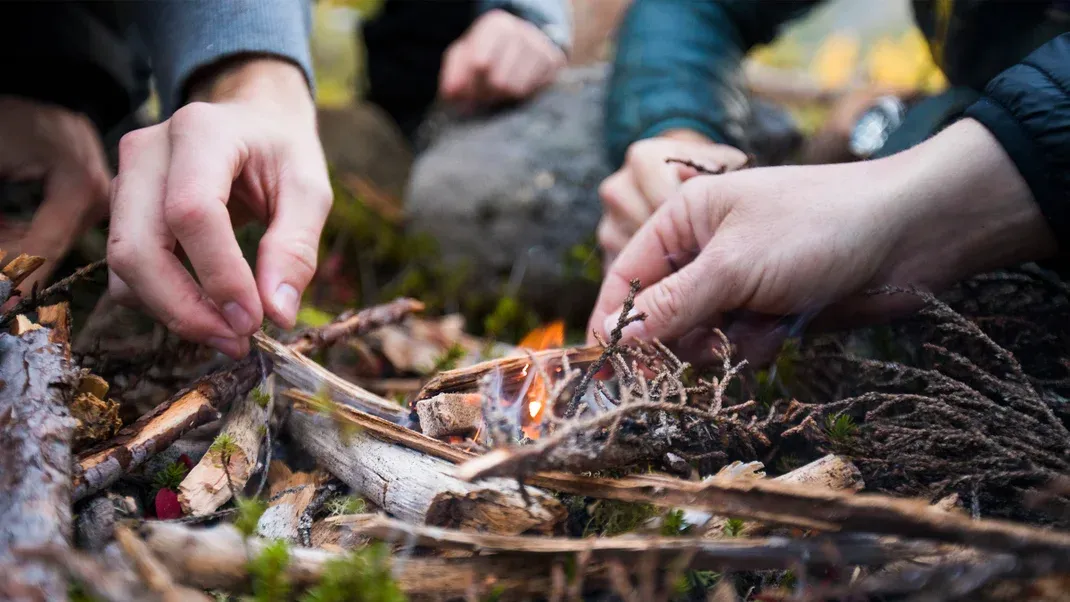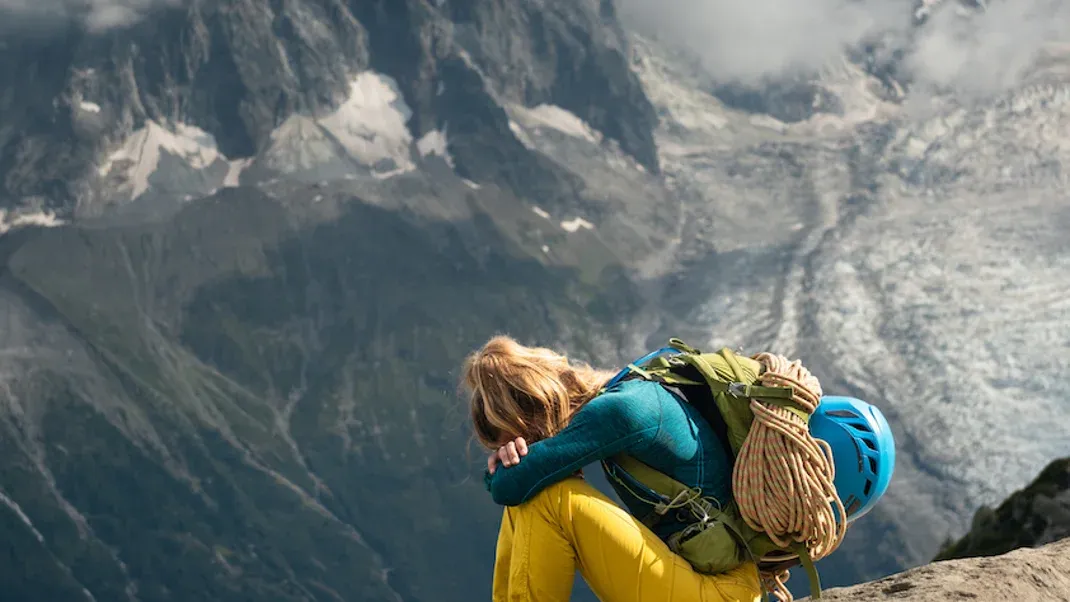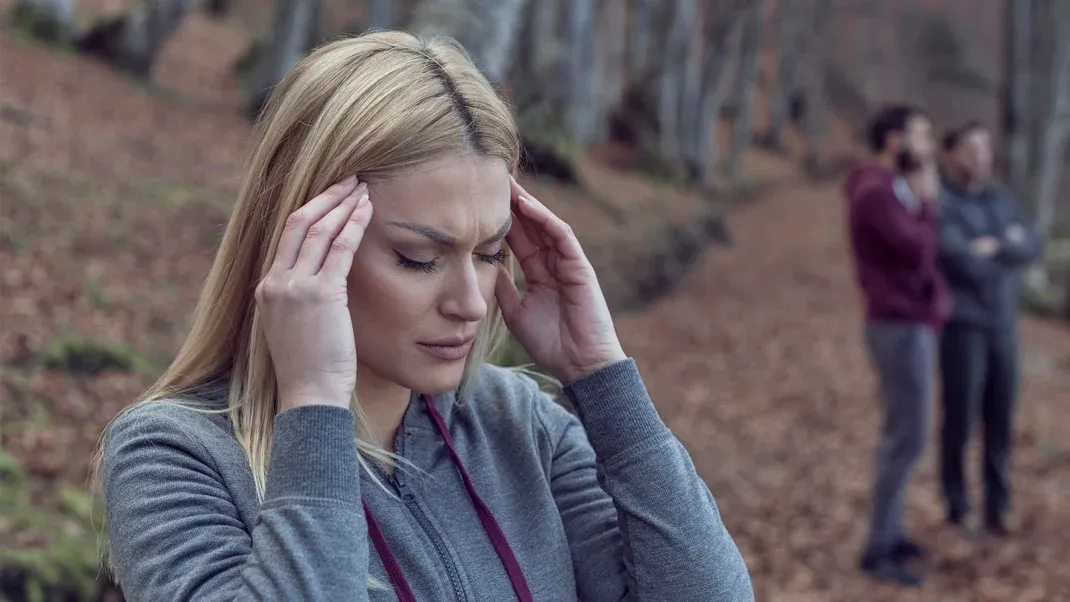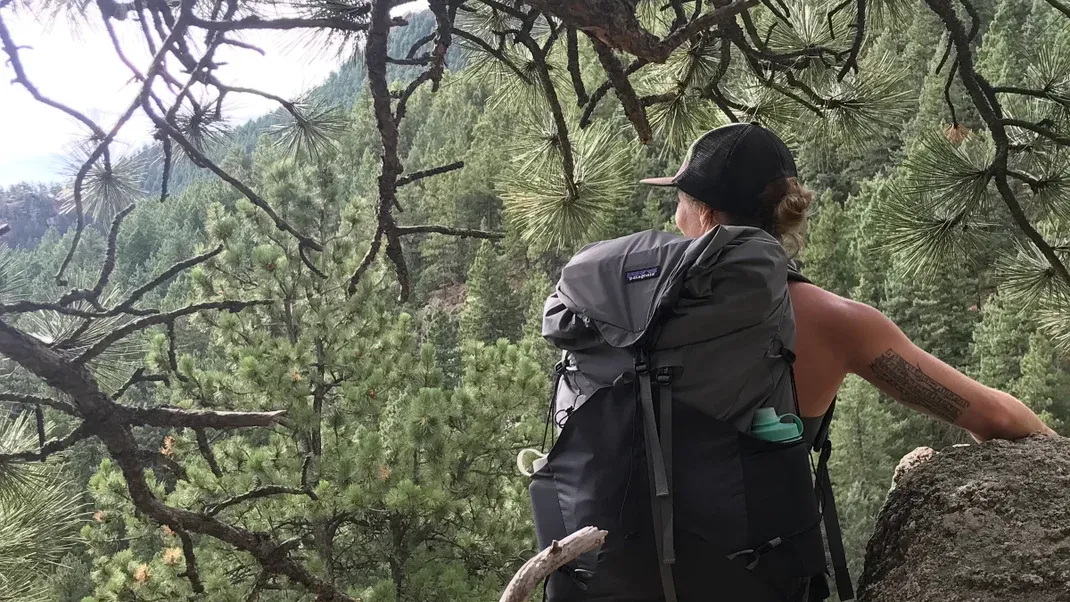Here’s Why You Should Think Twice Before Cooking Inside Your Tent
Cooking inside your tent may seem convenient, but it can also be extremely dangerous. Not only does it pose a fire hazard, but it can also release harmful carbon monoxide fumes that can be deadly in an enclosed space. Even small stoves or portable camping grills can generate enough heat to cause a fire, and the risk of spilling hot liquids or igniting flammable materials is also high. It's much safer to cook outside your tent, in a well-ventilated area, and to follow all safety guidelines provided by the manufacturer of your cooking equipment.
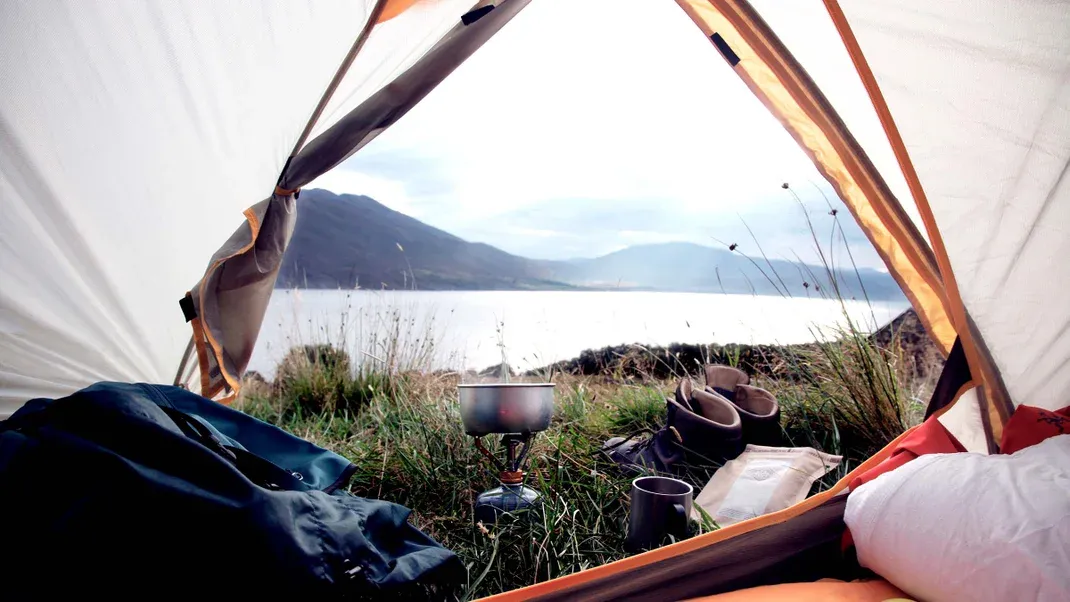
Camping is a popular activity for many people, offering the chance to get away from the hustle and bustle of everyday life and reconnect with nature. While camping, one of the most enjoyable activities is cooking and enjoying a meal outdoors. However, it's important to consider the safety implications of cooking inside your tent, as it can pose serious risks to your health and safety.
First and foremost, cooking inside a tent can lead to a build-up of dangerous gases. When you cook, you produce carbon monoxide, which is a colorless, odorless gas that can be deadly if inhaled in high concentrations. When you cook in an enclosed space like a tent, the carbon monoxide can quickly accumulate and reach dangerous levels. This can lead to carbon monoxide poisoning, which can cause symptoms such as headaches, dizziness, nausea, and even death. It's crucial to be aware of this risk and take precautions to avoid it.
In addition to the risk of carbon monoxide poisoning, cooking inside a tent can also pose a fire hazard. Tents are typically made of flammable materials, and cooking inside one increases the risk of a fire breaking out. Even a small spark or flame from a stove or other cooking equipment can quickly ignite the tent fabric, leading to a potentially catastrophic situation. This risk is compounded if you are using a fuel-burning stove, as the open flame and heat can easily ignite the tent and surrounding materials. It's essential to prioritize safety and avoid cooking inside your tent to prevent the risk of a fire.
Furthermore, cooking inside a tent can attract unwanted wildlife. The smell of food wafting from your tent can attract animals such as bears, raccoons, and other critters, putting you and your fellow campers at risk of a potentially dangerous encounter. Bears, in particular, have a keen sense of smell and can be attracted to the scent of food from a considerable distance. By cooking inside your tent, you are essentially inviting these animals into your living space, which can lead to dangerous and potentially life-threatening situations. It's important to keep food odors away from your sleeping area to minimize the risk of attracting wildlife.
Another consideration when cooking inside your tent is the potential for food spills and messes. When you cook and prepare food, there is always the risk of spills and splatters, which can be difficult to clean up inside a tent. Not only can this create a mess and attract insects and animals, but it can also create a breeding ground for bacteria and other pathogens. This can lead to foodborne illnesses and other health risks, compromising the safety and enjoyment of your camping trip. To avoid these issues, it's best to cook and eat outside of your tent, where spills and messes can be easily managed and cleaned up.
Cooking inside a tent can also lead to unpleasant odors and lingering smells. The confined space of a tent can trap cooking odors, making it difficult to air out and freshen up the space. This can lead to a lingering smell of food and cooking, which can be unappealing and make your tent less inviting for sleeping and relaxing. By cooking outside of your tent, you can enjoy your meals without worrying about lingering odors and ensure that your living space remains fresh and comfortable.
In conclusion, there are several compelling reasons to think twice before cooking inside your tent. The risks of carbon monoxide poisoning, fire hazards, attracting wildlife, creating messes, and lingering odors all make cooking inside a tent a potentially dangerous and unpleasant experience. To ensure the safety and enjoyment of your camping trip, it's best to cook and eat outside of your tent, where you can minimize these risks and fully embrace the outdoor experience. By prioritizing safety and considering the potential consequences, you can make the most of your camping trip and create lasting memories without putting yourself and others at risk.

